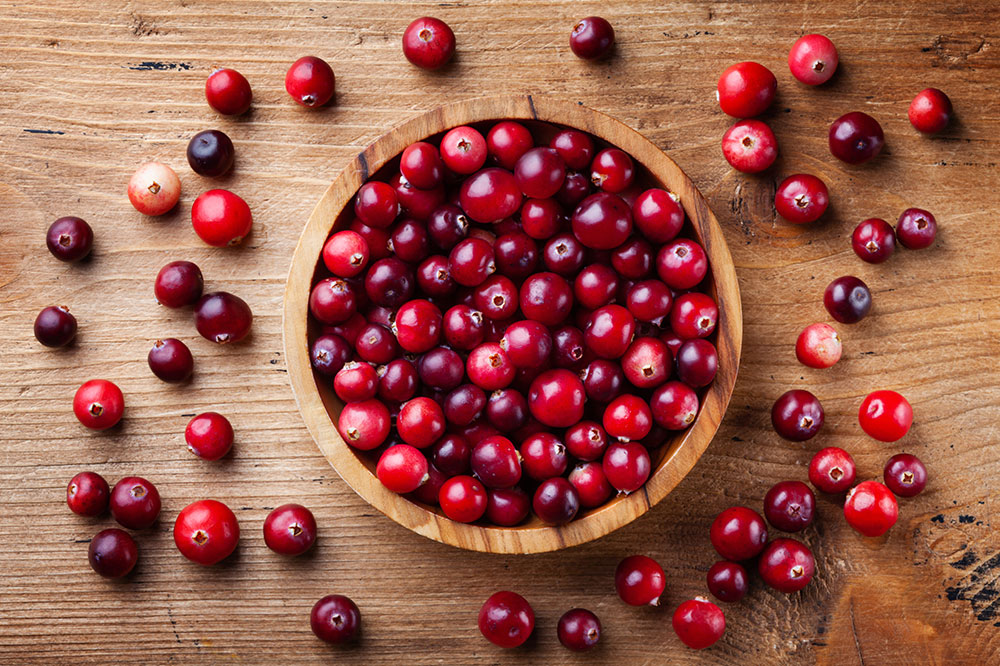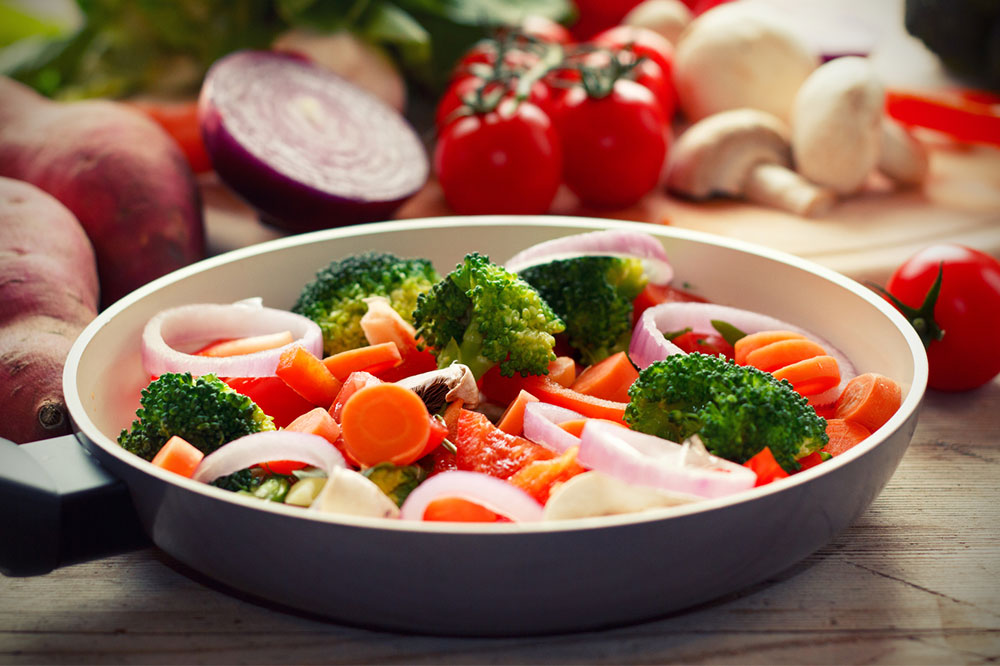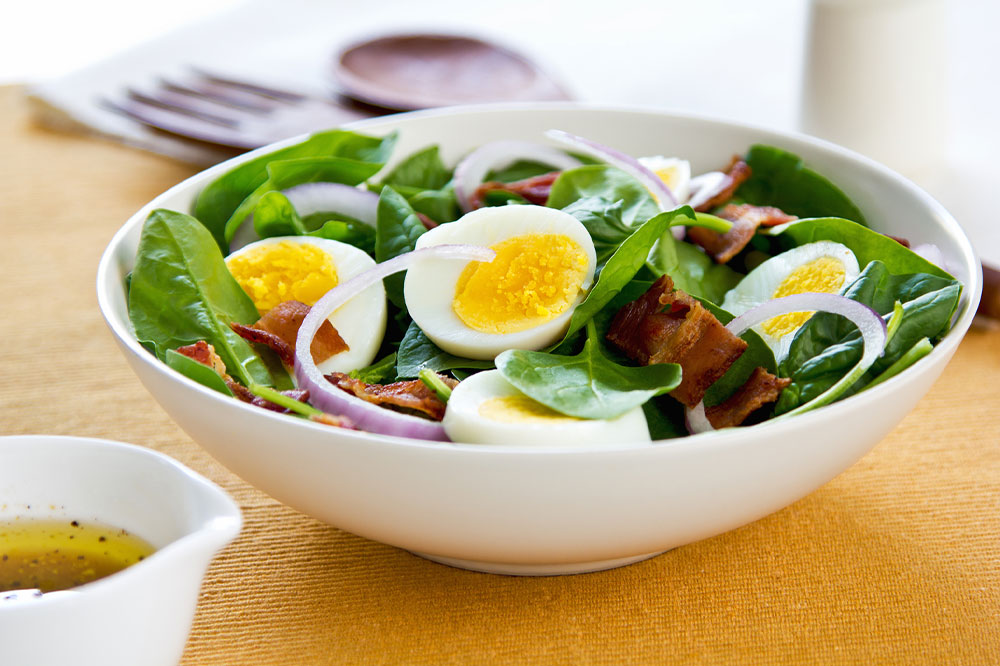Enhancing Bladder Health: Dietary Strategies and Management Solutions for Incontinence
This article offers comprehensive guidance on supporting bladder health through diet and management products. It highlights foods that can reduce incontinence symptoms, such as low-acid fruits, magnesium-rich foods, and fiber, while advising limits on alcohol and caffeine. The article also discusses effective management solutions, including absorbent pads, incontinence underwear, pelvic devices, and medications. Healthcare consultation is emphasized for tailored treatment plans, aiming to improve quality of life for those affected by urinary incontinence. A holistic approach combining diet and medical options can significantly help manage symptoms and promote bladder wellness.

Enhancing Bladder Health: Dietary Strategies and Management Solutions for Incontinence
Urinary incontinence involves difficulty controlling bladder functions, impacting daily life and emotional health. Fortunately, certain foods and products can help alleviate symptoms. Here are dietary tips and management options to support bladder wellness effectively.
Recommended Foods
Vitamin C-Containing Foods
According to the National Association for Continence, consuming moderate amounts of vitamin C from low-acid foods promotes bladder health. Choose fruits and vegetables like pears, blueberries, broccoli, Brussels sprouts, and potatoes over citrus or overly acidic produce, which may increase urination frequency.
Foods Rich in Magnesium
Foods such as bananas, leafy greens, quinoa, beans, nuts, and avocados are high in magnesium. Magnesium helps relax bladder muscles and ease spasms, which can reduce urgency and overactive bladder issues.
Hydration Tips
Proper hydration is essential, especially when limiting caffeinated beverages. Water is the best option—sip small amounts gradually to stay hydrated and prevent urinary infections.
High-Fiber Options
Incorporate fiber-rich foods like whole grains, rice, oats, quinoa, and colorful vegetables to prevent constipation that may put pressure on the bladder, promoting regularity and comfort.
Foods and Drinks to Limit or Avoid
Alcohol
Alcohol acts as a diuretic, increasing urine production and frequency. It can also cause dehydration, so reducing or avoiding alcohol, including beer, benefits bladder health.
Caffeine
Beverages like coffee, tea, and soda can irritate the bladder and increase urination. Cutting back can help manage symptoms more effectively.
Incontinence Management Products
Absorbent Pads
Disposable pads with adhesives absorb urine and keep skin dry, controlling odors. Suitable for both men and women, they are a practical daily convenience.
Incontinence Underwear and Briefs
Reusable underwear with waterproof layers and absorbent gels trap urine, providing comfort and odor control for day and night use.
Pelvic Devices
Pessaries are vaginal inserts that help compress the urethra to prevent leaks. Proper fitting and medical advice are crucial for effectiveness.
Penile Clamps
These devices apply gentle pressure to limit urine flow; suitable for mild to moderate incontinence, but should be used under medical supervision temporarily.
Always seek guidance from healthcare professionals to craft personalized management plans. Medications like GEMTESA and MYRBETRIQ are also prescribed for overactive bladder. Combining proper diet and medical treatments can greatly enhance quality of life for those experiencing incontinence.


